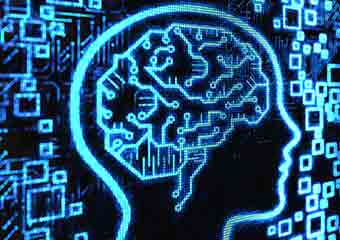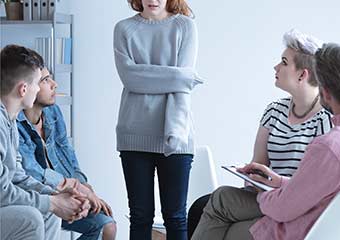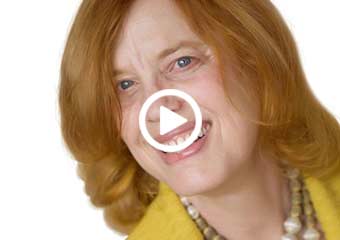Experiences that are distressing, painful and, perhaps, even traumatic are unavoidable in life. But are there ways we can work with people to prevent memories of traumatic events from developing into PTSD (post-traumatic stress disorder)? One possibility that’s being investigated for accomplishing this is a method called “updating.” This approach uses verbal techniques to change […]
Coping with Childhood Trauma: A Strategy for Overcoming Increased Risk for HIV
Why is it that 33% to 53% of HIV-infected people have histories of childhood sexual abuse? Many symptoms commonly found among survivors of childhood sexual abuse, such as helplessness, low self-esteem, dissociation, denial, and self-destructiveness are also often seen in conjunction with HIV risk behavior. Studies show that childhood sexual abuse is associated with avoidant […]
PTSD, the Brain, and Pain
A single traumatic experience can set off many different levels of pain, whether emotional or physical, acute or chronic. But can PTSD affect how the brain processes pain? Marla Mickleborough, MA, of the University of British Columbia and Judith Daniels, PhD, of the University of Western Ontario, wanted to find out whether the brain might […]
Fear and Shame: Loosening Trauma’s Grip
Often a trauma patient’s body seems to tell them, “There’s something wrong with me. Everything is my fault. I’m so ashamed.” It’s challenging, helping patients learn how to quiet the messages their bodies are sending them so they can self-regulate and heal. And for some clients, just hearing the word body can activate a fear […]
Helping Trauma Survivors Shed Feelings of Shame
For trauma survivors, one of the most insidious roadblocks to healing is often the debilitating feeling of shame that can linger after a traumatic experience. So how can practitioners help clients begin to reclaim a sense of self-worth? Kerstin Jung, PhD and Regina Steil, PsyD, at Goethe University Frankfurt, in Frankfurt, Germany, wanted to find […]



